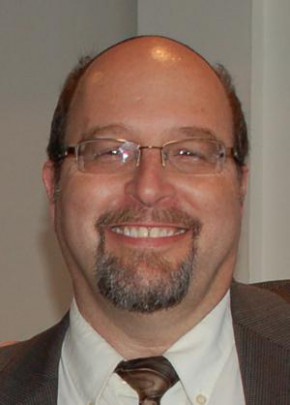BY RABBI STEVEN AXELMAN
Chanukah began this year at sundown on Tuesday, December 20 and ends at nightfall on December 28. Though based on the lunar calendar like all Jewish holidays, Chanukah always falls within a several week period in December.
The Hebrew word Chanukah (the “ch” is pronounced gutturally, not like the “ch” in “Charles”) is derived from the word for dedication, signifying the re-dedication of the Jewish Temple in Jerusalem in 167 BCE, after it was destroyed by the Syrian-Greek emperor, Antiochus IV, whose rule extended over the land of Israel and who had tried to coerce the Jews to abandon their religious beliefs and practices.
Per Jewish tradition, the more powerful army of Antiochus was eventually defeated by the “Maccabees,” a small band of Jews who, with faith in God, fought back. Upon defeating the Greeks and regaining control of their Holy Temple, the Jews set out to re-dedicate it but found only enough pure olive oil to re-light the Menorah (seven-branched candelabrum as ordained in Exodus 25:31) for one day. However, they needed oil for eight days until new ritually pure olive oil could be produced or retrieved. A miracle occurred and the oil burned for eight days.
The miracles of the unlikely victory of the smaller, less powerful army and the burning of the oil for eight days are therefore celebrated for eight days every year at the same time on the Jewish calendar.
The most important and best-known observance of Chanukah is the lighting of the Menorah, a candelabrum with nine branches. Although most Jews nowadays are fortunate enough to own a candelabra specifically for this observance, often quite beautiful and valuable, in poorer times a Menorah was fashioned much more crudely, including hollowing out part of a potato, filling it with oil and lighting it.
On the first night of Chanukah one candle is lit, adding one more candle each night, plus one extra candle known as the “Shamash,” so that on the eighth night there will be a total of nine candles burning. Originally, the Menorah was lit outdoors, but nowadays it is usually lit indoors, next to a window facing the street. In Israel, many still follow the custom of lighting the Menorah outdoors, encased in a special glass case so the candles will not be extinguished by the wind.
The Chanukah custom of eating oily foods to remember the miracle of the oil is generally observed by eating potato pancakes fried in oil, known as “latkes.” In Israel, the custom is to eat jelly donuts (Sufganiyot).
The game of “Dreidel” is widely played. “Dreidel” is derived from the Yiddish word for “spin;” in Israel the Hebrew word derived from spin, “Sevivon,” is the more common name. (Yiddish is derived mostly from German and was spoken by European Jews for hundreds of years. Hebrew is the Semitic language in which the Bible was written, used currently in Israel in a more modern form.)
A Dreidel is a four-sided top on which four Hebrew letters are written, an acronym that stands for “a great miracle happened there.” Dreidel is generally played for pennies, chips or regular money, with each letter signifying a different action, including winning the whole pot, half the pot, paying into the pot or doing nothing. The custom of playing dreidel is traditionally taught as commemorating the Jews pretending to play a game when they were in fear of being caught performing religious rituals.
The custom of giving of “Chanukah Gelt” has been linked to various sources, including the sharing of the booty from the battles against the Syrian-Greeks. Some trace it to as recently as the 16th century. I have never succeeded in finding a strong source for gift giving on Chanukah – but who would want to disprove such a wonderful custom.
Happy Chanukah and Happy Holidays to all!
Rabbi Steven Axelman, LCSW is the leader of the Whitestone Hebrew Centre located at 12-45 Clintonville Street. The Rabbi’s web site is web.me.com/haxelman.




































